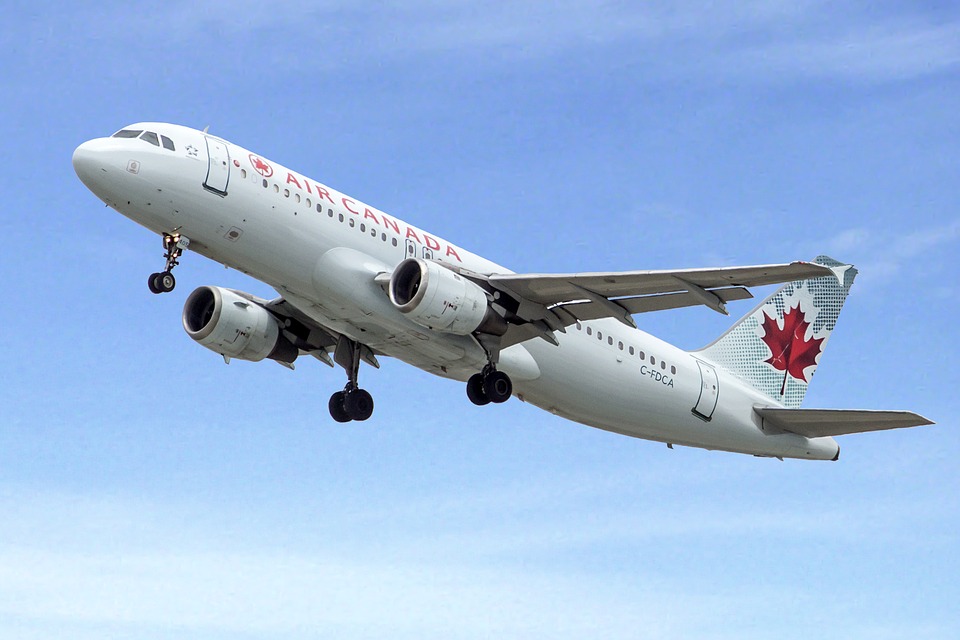A revised capacity-purchase agreement (CPA) with Air Canada gives Chorus Aviation long-term stability for its Jazz Aviation regional feeder and boosts the company’s effort to diversify revenue streams by increasing its leasing income.
The agreement, announced in mid-January and finalized Feb. 4, adds C$940 million ($716 million) to the most recent CPA, including C$310 million in fixed-fee revenue and a projected C$630 million in lease revenue.
The revised deal is worth C$2.5 billion and runs through 2035, the companies said. As part of the agreement, Air Canada is investing C$97.3 million in Chorus in exchange for about 10% of the company’s class A and B voting shares. Chorus plans to use about 60% of the investment to fund the purchase of nine new Bombardier CRJ900s and lease them under the CPA. Chorus said it “has conditionally secured the ability to purchase the CRJ900s.”
The new terms will see Jazz help Air Canada upgauge its regional operation while dropping its total fleet commitment from 116 Chorus aircraft to 105 this year. That figure will remain stable through 2025. After that, Air Canada will operate at least 80 Jazz aircraft—each with 75-78 seats, but the types will be determined later.
The revised fleet plan has Air Canada phasing out 15 Dash 8-100s during the next year, while increasing its Dash 8-300 fleet from 19 to 26 and decreasing its Q400 fleet from 44 to 36. Air Canada will operate 15 CRJ200s, up from 10 today, and 35 CRJ900s, up from 21. The changes add 2% more Jazz-provided seats to Air Canada’s operation from 2019 to 2025 compared to the previous agreement. Chorus provides about 70% of Air Canada’s regional-feeder capacity.
The fleet plans include lease provisions for 67 Jazz aircraft—58 that were part of the previous agreement and the nine new CRJ900s coming in 2020. The new CPA also extends leases on 12 Q400s for five years, through 2030.
In exchange for longer-term stability, including extending the CPA from 2025 through 2035, Chorus agreed to accept reduced fixed-rate flying fees in 2019, two years earlier than scheduled. The new deal sees Chorus receiving C$76 million annually in 2019 and 2020, down from C$112 million, and C$62 million annually in 2021-2025, down from C$65 million. The new deal also has annual fees of C$40 million from 2026-2035. “The extension of the CPA offset the reduction in fixed fees,” Paradigm Capital analysts said.
“This agreement accelerates our planned move to market-based rates in the near term as we reduce our legacy CPA fixed fees,” Chorus president and CEO Joe Randell said. “However, we secure incremental additions to the fleet through the 2025, increased leasing opportunities under the CPA, and incremental fixed fees associated with the extended term.”
The changes address Air Canada’s need to cut costs and shed above-market, fixed-fee regional-feeder rates. A 2017 deal between the airline and its pilots gives it the flexibility to use its rouge low-cost subsidiary on more routes. Air Canada executives have said rouge is being looked at for everything from fending off ultra-LCC upstarts to replacing higher-cost regional feeder operations.
“There has been some concern about where Jazz fits in Air Canada’s plans and how long the relationship is going to go,” Randell said. “What this does is, I think, effectively puts those concerns to bed and we are able to get on with it, and that’s what’s important to us is to grow and diversify the business.”
The revised agreement means Chorus will generate 65% of its Air Canada-related revenue from aircraft leases, a slight increase over the previous deal. More importantly, it provides Jazz with a guaranteed minimum level of work with its largest partner while parent Chorus continues to pursue its diversification strategy.
“We see significant potential in the expansion of the third-party leasing business,” Paradigm said. “Over the next five years, this segment should be the dominant source of earnings growth”…



